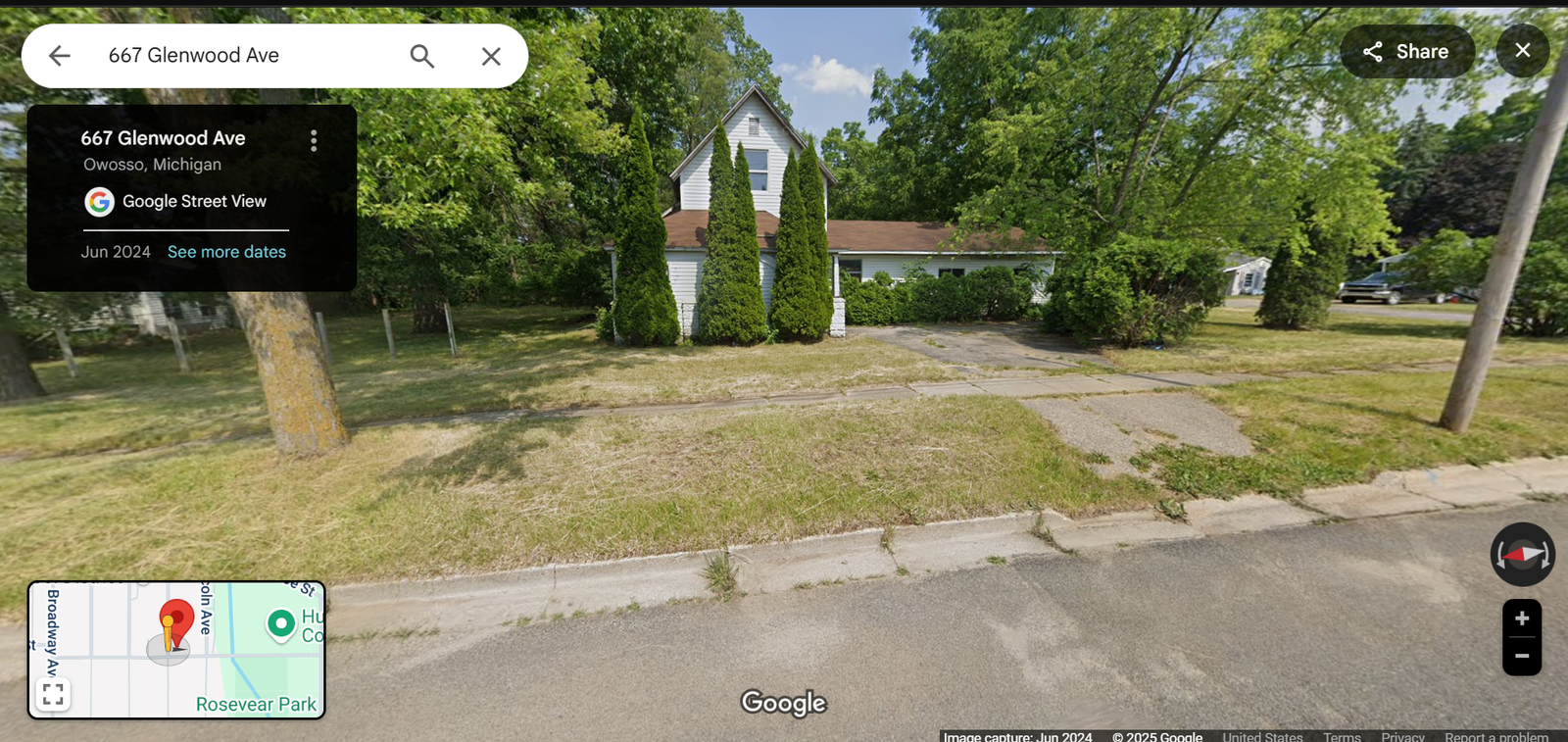Tax deed sales can appear incredibly attractive to real estate investors. They often offer the promise of acquiring properties for a fraction of their market value. However, with high potential rewards come substantial risks. Before diving into this investment strategy, it’s essential to grasp how tax deed sales work and what makes them both lucrative and dangerous. Essentially, when a property owner fails to pay property taxes, the local government may auction off the property to recoup unpaid taxes. The winning bidder receives a tax deed and, in most cases, full ownership of the property.
The Myth of Instant Ownership
Many new tax deed buyers are drawn in by the idea of immediate control over a property. While it’s true that a tax deed sale often transfers ownership to the winning bidder, that ownership can come with a host of complications. Properties might be occupied, entangled in legal disputes, or otherwise difficult to access. “Ownership” on paper doesn’t always translate to usable, marketable property in practice.
Title Issues That Linger Beyond the Sale
One of the most common and troubling issues tax deed buyers face is clouded title. Tax deeds often do not wipe out all prior liens, judgments, or encumbrances. Some tax deed states offer a “quiet title” process to help establish clear ownership, but this takes time, money, and sometimes legal intervention. Without a clean title, reselling or refinancing the property becomes nearly impossible.
Hidden Liens and Encumbrances
While some liens, like property tax liens, are typically cleared in the sale process, others may survive. Federal tax liens, municipal liens for services, and even HOA (Homeowner Association) liens may still be attached to the property. Buyers who skip thorough due diligence may find themselves responsible for thousands of dollars in unexpected debts. This is one of the primary reasons new investors should conduct a title search before bidding.
Redemption Periods That Complicate Possession
In some states, there is a redemption period after a tax deed sale. During this time, the previous owner can reclaim their property by paying the back taxes and associated costs. This waiting period can last months or even years, leaving the buyer in a legal limbo where they can’t occupy, rent, or develop the property. Not understanding local redemption laws can lead to serious frustration and financial losses.
Structural and Environmental Hazards
Another haunting issue for tax deed buyers is the physical condition of the property. Many of these properties have been neglected for years, left abandoned, or vandalized. In worst-case scenarios, they may contain hazardous materials like asbestos or mold, or be located in flood-prone or contaminated areas. Since most tax deed sales are “as-is” with no inspections allowed, buyers often end up with more of a burden than a bargain.

Occupancy and Eviction Challenges
Winning a property at a tax deed auction does not guarantee it will be vacant. In many cases, former owners, tenants, or even squatters may still be residing in the home. Eviction can be costly and time-consuming, requiring legal proceedings that add additional stress and expenses. Investors must be prepared for the emotional and financial strain that can come with removing occupants who may be unaware—or unwilling—to leave.
Zoning and Code Violations
A tax deed property might not comply with local zoning ordinances or building codes. Over time, a structure could fall out of compliance due to unauthorized renovations, disrepair, or changes in zoning laws. Municipalities can impose hefty fines and even demand costly repairs or demolitions. It’s crucial for investors to research the zoning status and code history of a property before committing funds.
Lack of Access or Landlocked Parcels
Another hidden nightmare is buying a property that lacks legal access. Some tax deed properties are “landlocked,” meaning they are surrounded by other privately owned parcels and have no road or utility access. Without an easement, the property might be virtually unusable. Resolving access issues can require negotiations with neighboring landowners or even costly legal battles.
Legal Expenses That Add Up Quickly
Quieting a title, resolving liens, handling evictions, and clearing code violations often require legal assistance. These costs can add up, sometimes doubling or tripling the initial investment. New buyers frequently underestimate these expenses, which can make the difference between a profitable deal and a financial failure.
Misunderstanding Local Laws and Procedures
Tax deed laws vary dramatically from state to state, and even between counties. Some jurisdictions require court confirmation of the sale, while others do not. Inexperienced buyers often assume all tax deed processes are the same, leading to missed deadlines, voided sales, or even lawsuits. Educating yourself on the specific rules where you’re buying is non-negotiable for long-term success.
Market Value Versus Tax Value
The assessed value listed for a property in tax records can be misleading. It might not reflect the true market value, especially if the property has been abandoned or damaged. Relying on this number when deciding your maximum bid is a common mistake. Accurate appraisals and comps are essential to making informed investment decisions.
Dealing With Emotional Sellers and Neighbors
Even after acquiring a property legally, buyers may encounter hostility from former owners or neighbors. There may be emotional attachments or misunderstandings about the legality of the sale. Situations can escalate into disputes or vandalism. Staying professional and legally protected is vital when navigating these emotionally charged interactions.
Insurance and Financing Challenges
Getting insurance on a tax deed property can be difficult, especially if the title isn’t clear. Lenders are also wary of financing homes purchased through tax sales, which can limit exit strategies like refinancing or selling to retail buyers. Until the title is cleaned and fully transferable, traditional financing options may be off the table.
Time Delays That Kill Momentum
Even seasoned investors often underestimate the time it takes to resolve all the issues tied to a tax deed purchase. From court proceedings to property rehabilitation, the process can stretch out for months—or longer. Delays reduce cash flow, add holding costs, and sap momentum from new investment plans. Patience and proper budgeting are key to navigating this slow-moving world.
The Importance of Due Diligence
The most effective way to avoid these haunting issues is through diligent research. This includes checking public records, speaking with local officials, viewing properties from the street (if legally allowed), and understanding the local legal environment. A smart investor treats each property like a mini-business, with its own risks and opportunities that must be thoroughly vetted.
Final Thoughts on Buying Tax Deeds Wisely
Tax deed investing can be a powerful wealth-building strategy, but it is not for the uninformed or impulsive. The issues that haunt tax deed buyers—clouded titles, lingering liens, hostile occupants, and legal complexities—are very real and very costly if ignored. By understanding the pitfalls and approaching each purchase with careful analysis and professional guidance, investors can protect themselves from nightmares and move confidently toward profitable outcomes.






Join The Discussion